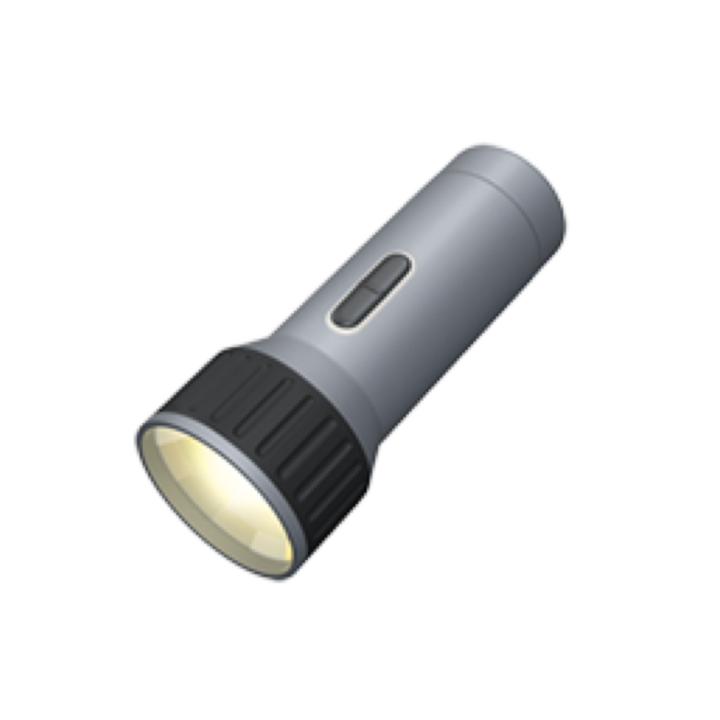LEXUS LS (2000-06)

Buyer's Guide & Data from our Checks
The LEXUS LS (2000-06) is a full-size luxury saloon that offers a refined and comfortable driving experience, making it a popular choice among those seeking a premium vehicle. In the UK market, it stands out as a reliable and elegant alternative to other luxury brands, attracting buyers who want sophistication without the high running costs often associated with prestige cars. Mycarcheck.com data highlights its substantial presence, with over 1,385 lookups and nearly 550 different VINs, indicating steady interest and a sizeable used market.
This vehicle is typically used by professionals and families looking for a spacious, comfortable ride with a reputation for durability. With an average mileage around 133,000 miles, most are well-used but still valued for their comfort and build quality. It’s best suited for those who value a smooth driving experience, luxury features, and a dependable status symbol. Its average private sale value of around £2,300 suggests affordability for those seeking a luxury experience without a new car price tag.
What makes the LEXUS LS (2000-06) notable includes its reputation for reliability and a quiet, plush interior that rivals more recent models. Its design and features set it apart from rivals by offering a refined, low-maintenance luxury experience. Compared to other large executive cars, it’s known for its smooth ride and build quality, making it a solid choice for mature drivers or those wanting a prestigious yet dependable vehicle.
Key Findings
The following statistics are drawn from our checks of 550 different vehicles, run between February 17th 2021 and December 31st 2025. These real-world insights provide context for this vehicle's place in the market, as well as its typical usage.
1,385
Lookups
Lookups
41
Hidden Histories
Hidden Histories
138k
Average Mileage
Average Mileage
£2,300
Average Valuation
Average Valuation












